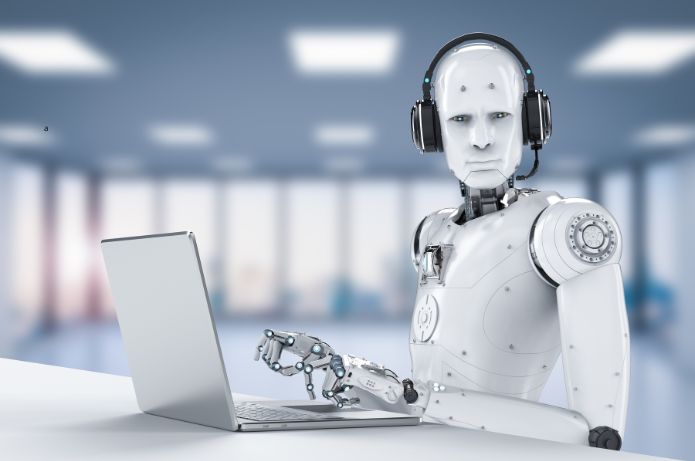Last year, around 86% of companies in the customer service sector began prioritizing investments in AI as a solution to enhance work efficiency, and 88% were already using or testing technologies to automate part of their services. This is according to data from the sixth edition of Salesforce’s State of Service study in 2024. This reality has also shown an increase in customer satisfaction, as indicated by a survey from JobHome, a company specializing in remote service solutions, which reports a 75% reduction in customer complaints through the use of prior chatbot interactions.
The significant results were observed after the company integrated generative artificial intelligence into its customer relationship operations. This initiative, aligned with an increasingly established trend in the customer experience sector, positions technology as a central element in building more efficient, seamless, and personalized journeys—without sacrificing human empathy. Faced with team overload and the demand for 24/7 service, the decision to invest in AI emerged in response to a concrete shift in the Brazilian market.
The Salesforce study also reveals that 88% were already using or testing technologies to automate part of their services. In this scenario, JobHome opted for a hybrid model where AI serves as the starting point of the journey, automating repetitive tasks such as issuing invoices, updating records, and order tracking, while human agents handle more complex cases requiring active listening and contextual analysis.
With the new structure, the average handling time for simple interactions dropped from 3–10 minutes to approximately 20–60 seconds. First-contact resolution rates increased by 25%, and the success rate of AI-initiated journeys rose by 38%. Additionally, there was a 42% reduction in the need for follow-up contacts and a significant drop in call abandonment rates—halving in sectors like telecommunications, banking, and e-commerce. The impact was also reflected in customer perception: CSAT (customer satisfaction) scores rose by up to 20%, and the Net Promoter Score (NPS) saw a 15% increase in interactions mediated by AI integrated with human support.
The AI employed by JobHome is based on natural language processing technologies, combined with generative models capable of understanding context, intent, and even the emotional tone of customers. This capability allows for a more logical and seamless journey, with automated and contextual handoffs to human agents when necessary. When this occurs, operators receive the complete interaction history, speeding up resolution and avoiding rework.
According to the company’s CEO, Geraldo Brasil, this intelligent orchestration of the customer journey drastically reduced complaints related to delays, incorrect transfers, and unresolved issues. AI implementation also delivered concrete operational results. ‘We observed a 73% decrease in complaints about wait times, a 75% reduction in process error-related complaints, and a 40% drop in complaints about poor service. By accurately automating error-prone tasks and monitoring interactions in real time, we can now detect signs of dissatisfaction during conversations, enabling proactive and corrective action before the customer files a complaint,’ says Brasil.
Despite the high level of automation, the company emphasizes that the technology was designed to be an ally of humanization, not a replacement. Integration between AI and human service is carefully considered at every stage. AI filters, qualifies, and directs interactions but never blocks access to a human agent. Service agents, in turn, are recruited for their empathetic skills and trained to work in sync with technology. The AI itself continuously learns from operational data and agent feedback, contributing to ongoing system improvement.
The relationship between customers and AI has also evolved throughout JobHome’s journey. Initially, there was resistance to bots, seen as barriers. Today, users interact naturally, trust the responses, and stay engaged until their requests are resolved. According to the company, the trend is toward AI becoming even more conversational, proactive, and personalized—engaging customers seamlessly across multiple channels like chat, WhatsApp, and mobile apps while maintaining context throughout.
For JobHome’s CMO, Ricardo Galdino, the future of customer service lies in the convergence of cutting-edge technology and humanized relationships. ‘We see AI as an essential component in delivering consistent, efficient, and—above all—customer-centric experiences. By integrating automation with emotional intelligence, the company aims not just to improve performance metrics but to transform service into a true competitive differentiator,’ concludes Galdino.


